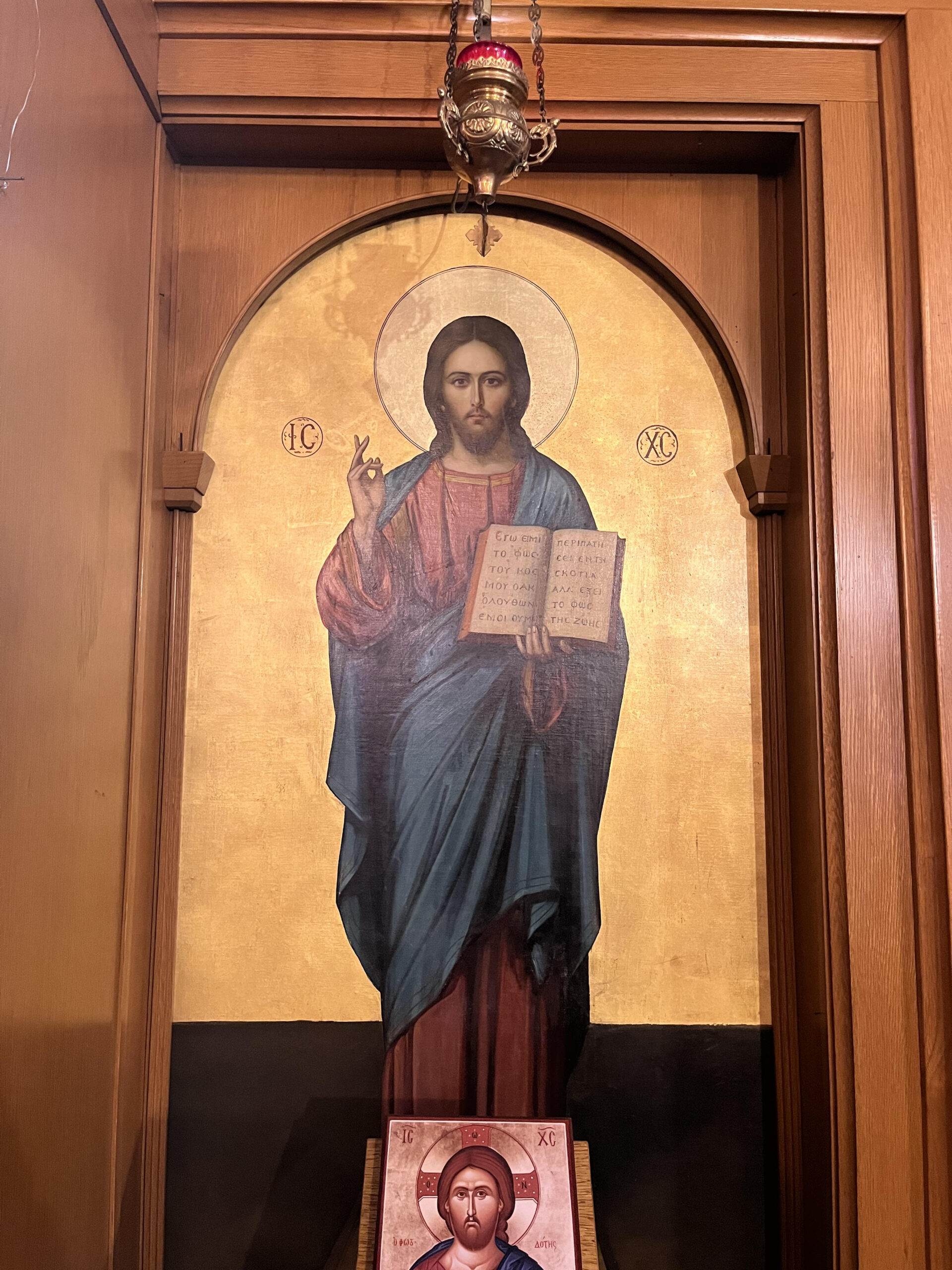And he said, “Jesus, remember me when You come into Your kingdom.” And He said to him, “Truly, I say to you, today you will be with Me in Paradise.”
Luke 23: 42-43
I recently read a pretty profound post on social media about the repentant thief on the cross which I’d like to share here:
How does the thief on the cross fit into your theology? No baptism, no communion, no confirmation, no speaking in tongues, no mission trip, no volunteerism, and no church clothes. He couldn’t even bend his knees to pray. He didn’t say the sinner’s prayer and among other things, he was a thief. Jesus didn’t take away his pain, heal his body, or smite the scoffers. Yet it was a thief who walked into heaven the same hour as Jesus simply by believing.
He had nothing more to offer other than his belief that Jesus was who He said He was. No spin from brilliant theologians. No ego or arrogance. No shiny lights, skinny jeans, or crafty words. No haze machine, donuts, or coffee in the entrance. Just a naked dying man on a cross unable to even fold his hands to pray.
Remember that all the reflections in this unit are based on responses to a survey I did a few months ago. And the question was “what do we believe is necessary for salvation?” I think perhaps the better question is “what does God think is necessary for salvation?” We believe the Scripture is God-inspired. Having said that, in Ephesians 2:8-9, St. Paul writes “For by grace you have been saved through faith; and this is not your own doing, it is a gift of God—not because of works, lest any man should boast.” Yet at the same time, the Epistle of James tells us “So faith, by itself, if it has no works, is dead.” (James 2:17) We can’t have faith without works. And yet we cannot work our way into heaven without God’s grace.
We know that faith, works and grace are the ingredients that are necessary for salvation.
The question is how much of each is needed?
In the aforementioned story about the thief on the cross, he demonstrated faith, in that he looked at Jesus as the one who had a kingdom. And we know that Jesus told him that he would be in Paradise that very day. It doesn’t seem like he had time to do any works of faith. Whatever he did, with whatever time he had, that was enough for the Lord. This is why we can never say with certainty that a person is in heaven or not in heaven based on how much or how little they have done. The doors of Paradise opening to someone is the purview of the Lord and He alone.
That being said, we shouldn’t wait until our death bed and just throw ourselves on the mercy of the Lord and hope we get the same result as the thief. Perhaps in his life, that was his first and only introspective moment, when he realized that his emptiness couldn’t only be filled with God’s mercy. We are not in that position. It’s like when people ask me how will God judge people who have never heard of Him, people in a remote jungle in a faraway country? My answer is “I don’t know, I would think He might judge people who ignorant more leniently. All I know is that I’m not in the category. I’m not living in a remote country. I’m not a thief dying on a cross. And I have heard of Jesus. The issue is what I am doing about that.
Let’s go back to the faith-works-grace formula. Faith is what we believe. I think faith is more centered on what Christians believe, rather than what Orthodox believe. Orthodoxy is how we practice what we believe. We’ve talked about the basics of what we believe—God created the world, the world fell through sin, the world is redeemed through the saving work of Jesus Christ. Faith is believing that these things are truth.
Work is how we practice the faith—in Orthodoxy, this includes praying, reading scripture and worship. But it also includes charity towards others, obedience to the commandments, using our talents to serve others, and the overall stewardship of our lives.
The thing that I believe the Orthodox emphasize above other Christian denominations is the grace that comes through the sacraments. It is not only critical to receive God’s grace, it is helpful to our daily lives, encouraging when we are in a rut, and vital to bridging the gap between us and God—Grace is what completes what is lacking, in this the chasm that exists between us and God because of our sins. Holy Communion is received “unto remission of sins and life everlasting.” Holy Confession wipes out our sins, allowing us to “have no further anxiety” about them. We should be regular participants in this grace of God.
Exactly how much faith-work-grace do we need? That’s up to God. We can’t put a number on it. There was the thief, who discovered Christ in the last moments of his life and there are plenty of people at the other end of the spectrum, who are old and are still working their way there. This is why stewardship—what you’ve done with your opportunities—and effort are so important. These are things we can control.
Lord, thank You for the gift of today. Thank You that I have discovered You before my dying breath. Help me to grow in faith today, to be actively doing the works of faith today, and to be filled with Your grace today, and every time my faith and works are found lacking. Remember me, O Lord, in Your Kingdom, and have mercy on me. Amen.
Be a good steward of your opportunities today. God rewards effort!

